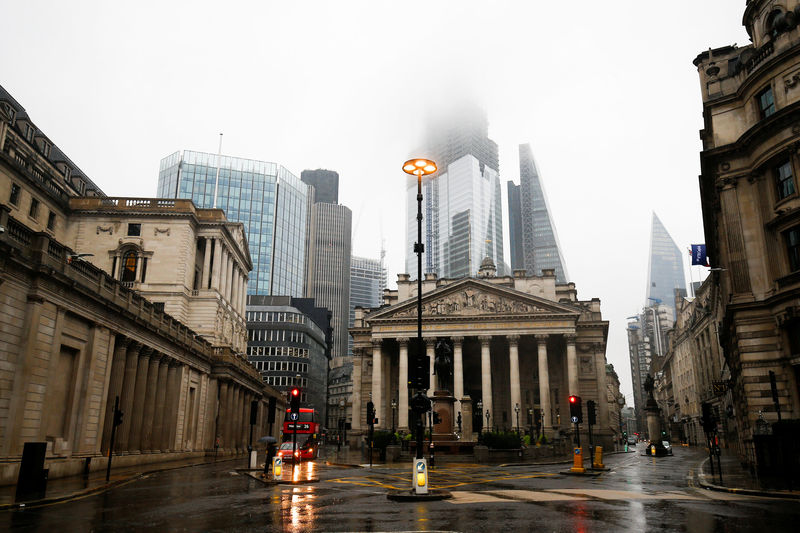By Geoffrey Smith
Investing.com -- European stock markets opened mostly higher on Thursday as the sharp relief rally that followed the Federal Reserve's first interest rate hike in over three years faded.
By 4:15 AM ET (0815 GMT), the Euro Stoxx 50 was up 0.2% while the broader Stoxx 600 was up 1.8 points, or 0.4%. They had risen 4% and 3% respectively on Wednesday, as the U.S. market action amplified a movement that had begun with growing hopes of a deal to stop Russia's war in Ukraine. The biggest gains were seen in Spain's IBEX, up 0.7%, while Italy's FTSE MIB lagged, staying largely unchanged. The German DAX rose 0.1% while the FTSE 100 rose 0.5%.
The Fed raised the target rate for fed funds by 25 basis points as widely expected, and indicated it will raise rates at least another six times this year and continue tightening into 2023, in addition to selling off its bond portfolio. The market had largely discounted that scenario and took comfort from the Fed's projections that it could tighten without causing a recession. Some analysts cast doubt on that optimism, as did the bond market, where the yield curve flattened considerably - a development that typically signals an economic slowdown in the future.
Thursday is likely to be dominated by central bank action in Europe, with the Bank of England widely expected to raise its key rate by another 25 basis points to 0.75%. In addition, the European Central Bank will hold an annual conference at which President Christine Lagarde, chief economist Philip Lane and board member Isabel Schnabel will all speak.
European currencies rose after the Fed's action on Wednesday having had a rough couple of weeks since the outbreak of the biggest war in Europe since 1945, an event that is likely to hit the European economy much harder than the U.S. one. The euro was up 0.2% at $1.1051, while the pound was up 0.2% at $1.13175. In Russia, meanwhile, the ruble continued to strengthen, rising over 3% to a two-week high of 104.27 against the dollar.
Markets have grasped at every sign of peace in eastern Europe, even though it is far from clear that the current talks can deliver that. The U.S. agreed on Wednesday to send an extra $1 billion in military assistance after Ukrainian President Volodymyr Zelenskyy begged Congress to neutralize Russia's air operations in the country. U.S. President Joe Biden also called his Russian counterpart Vladimir Putin a 'war criminal', a step that could complicate future negotiations. In addition, China - seen by many as the one country capable of persuading Russia to end the war - again refused to condemn the invasion.
At a corporate level, U.K. supermarket and logistics group Ocado (LON:OCDO) fell 8.0% after it posted a decline in first-quarter revenue, while German steelmaking and engineering group Thyssenkrupp (DE:TKAG) also fell by 8% after warning that the plan to spin off its steel division has been put in doubt by events in Ukraine. The company said it still believes a spinoff is the best course of action.
There was more downbeat economic news from the car sector. EU car sales fell 6.7% in February according to industry association ACEA, and the hit to European car production since the start of the war suggests that worse is to follow in March.
